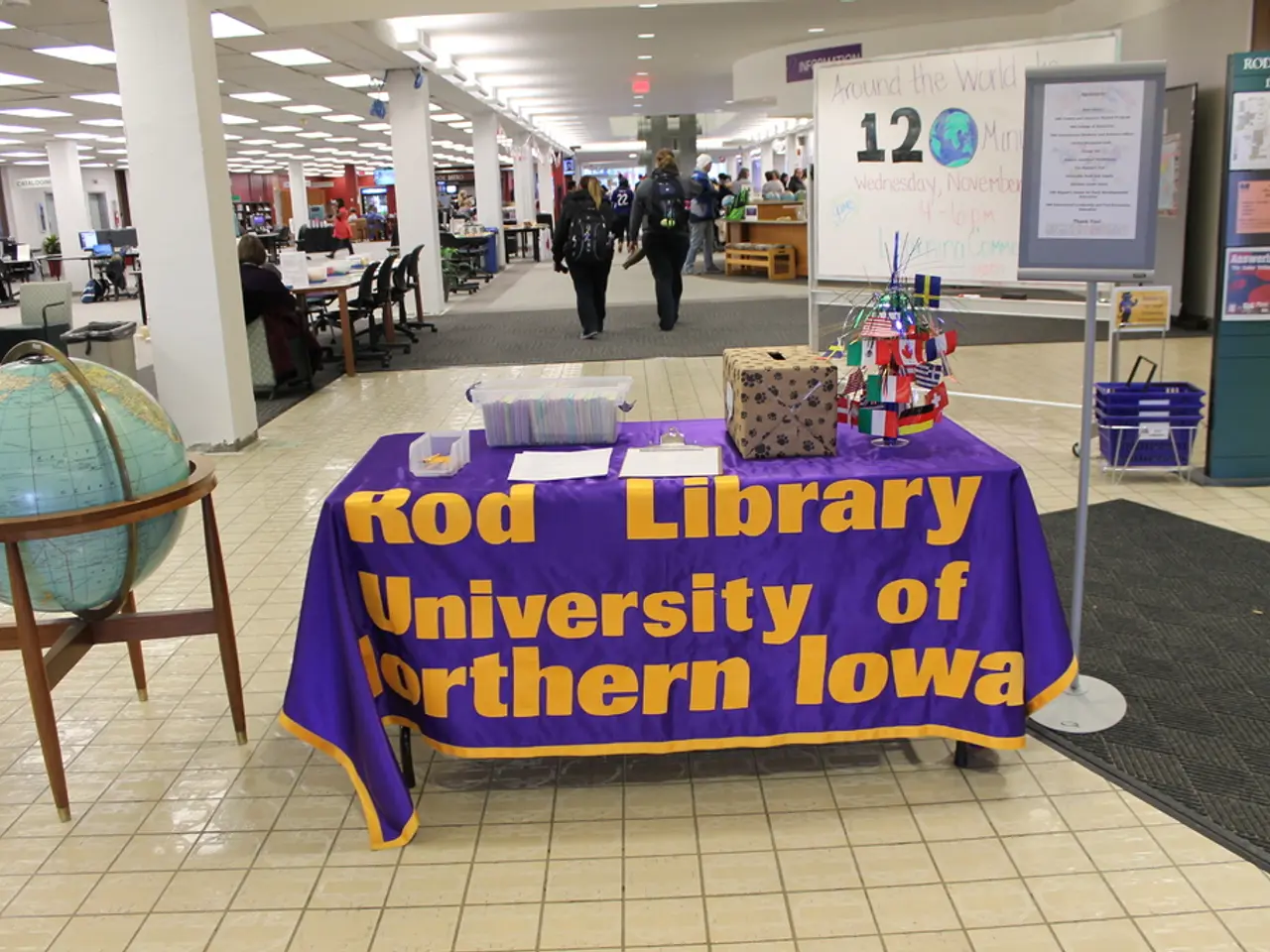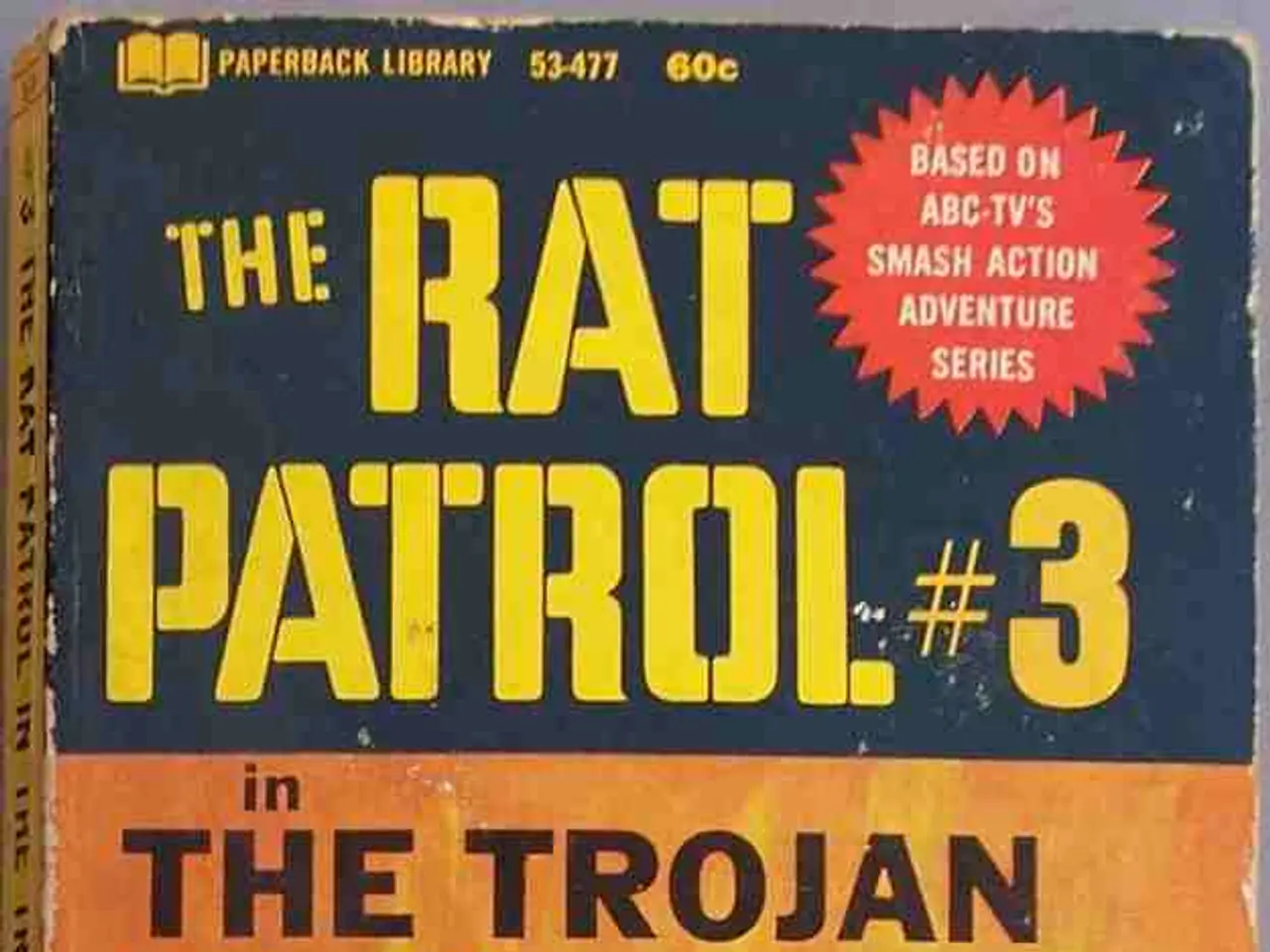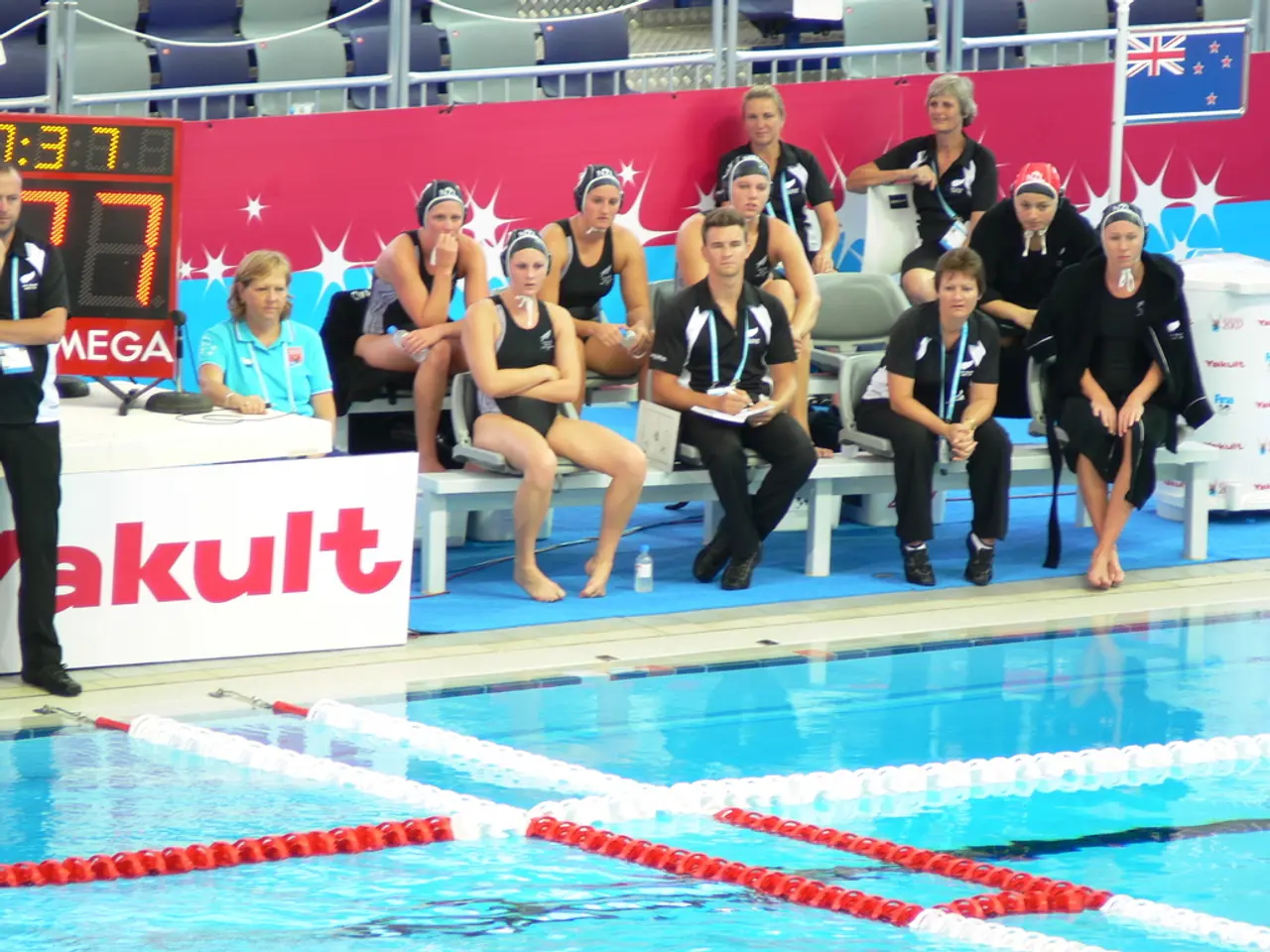Demand for Justice Continues Five Years after Beirut Port Explosion
The investigation into the devastating August 4, 2020, Beirut explosion is showing renewed momentum after being stalled for several years. Led by Lebanese judge Tarek Bitar, the extensive investigation aims to uncover the truth and bring those responsible to justice.
Despite the renewed political will, efforts towards transparency and comprehensive justice face significant challenges. The investigation has been repeatedly obstructed and politically interfered with since the beginning, delaying accountability for victims and their families. Human Rights Watch and Amnesty International emphasise the need for an independent, impartial investigation that establishes the full chain of responsibility.
The disaster, one of the world's largest non-nuclear explosions, devastated swathes of the Lebanese capital and claimed more than 220 lives. The blast was triggered by a fire in a warehouse where tonnes of ammonium nitrate fertiliser had been stored haphazardly for years.
Mariana Fodoulian from the association of victims' families stated that officials have been trying to evade accountability for five years. She also pointed out that the silos are the only witnesses to what happened on August 4. Victims' families have long demanded the preservation of the wheat silos as a memorial of the catastrophe.
The ongoing investigations are unravelling complex links involving the Moldovan-flagged vessel Rhosus, offshore ownership, and suspicious trade networks potentially connected to arms trafficking. International cooperation remains key to tracing these responsibilities fully, highlighting the investigation's cross-border dimension and legal complexity.
Judge Bitar continues gathering witness testimonies and seeking international legal cooperation to question suspects involved in the ammonium nitrate shipment and its handling. He is awaiting a final report from France, which has also conducted a probe, to complete his own findings. The judge will finalise the investigation and refer the file to the public prosecution for its opinion before issuing an indictment.
Despite the ongoing challenges, hundreds gathered in Beirut on Monday afternoon to mark the anniversary of the disaster. Lebanese President Joseph Aoun stated that the state is committed to uncovering the whole truth about the disaster, no matter the obstacles or high positions involved. He also emphasised efforts to ensure the investigations are completed with transparency and integrity.
As of August 2025, the investigation remains incomplete but shows cautious optimism. The judicial activity has been resumed, awaiting critical technical reports, ongoing international legal cooperation, and persistent demands from victims’ families and human rights groups for full accountability and transparency.
[1] Al Jazeera (2025). Lebanon's Beirut blast investigation: Renewed momentum but ongoing challenges. [online] Available at: https://www.aljazeera.com/news/2025/8/4/lebanon-beirut-blast-investigation-renewed-momentum-but-ongoing-challenges
[2] Human Rights Watch (2020). Lebanon: Ensure Accountability for Beirut Explosion. [online] Available at: https://www.hrw.org/news/2020/08/06/lebanon-ensure-accountability-beirut-explosion
[3] Amnesty International (2020). Lebanon: Beirut explosion: Time for justice and accountability. [online] Available at: https://www.amnesty.org/en/latest/news/2020/08/lebanon-beirut-explosion-time-for-justice-and-accountability/
[4] The New York Times (2020). The Beirut Explosion: What We Know and What We’re Still Learning. [online] Available at: https://www.nytimes.com/2020/08/06/world/middleeast/beirut-explosion.html
[5] Reuters (2020). Lebanon's Beirut blast: What we know and what we don't. [online] Available at: https://www.reuters.com/article/us-lebanon-blast-investigation/lebanons-beirut-blast-what-we-know-and-what-we-dont-idUSKCN25I26R
[1] The ongoing Beirut explosion investigation, despite renewed momentum, faces numerous challenges, especially in terms of transparency and impartiality, as reported by Human Rights Watch and Amnesty International.
[2] The investigation's complexity extends beyond Lebanon's borders, involving international cooperation to trace responsibilities related to the Moldovan-flagged vessel Rhosus, offshore ownership, and suspicious trade networks potentially linked to arms trafficking.
[3] Meanwhile, Lebanese officials, such as Judge Tarek Bitar and President Joseph Aoun, have repeatedly stressed the importance of transparency, integrity, and accountability in the investigation, addressing the concerns of victims' families and human rights groups.
[4] As the investigation continues, there remains ongoing debates and discussions in the realms of general news, culture, and politics, with opinions divided on how the truth should be uncovered and justice served. The tragedy also raises questions about the roles of crime and justice in shaping a nation's future and its commitment to human rights.






